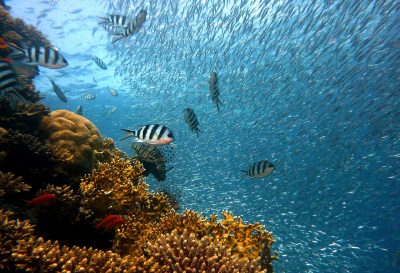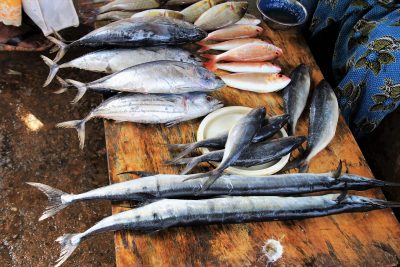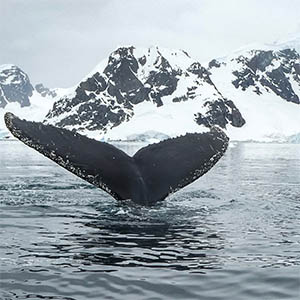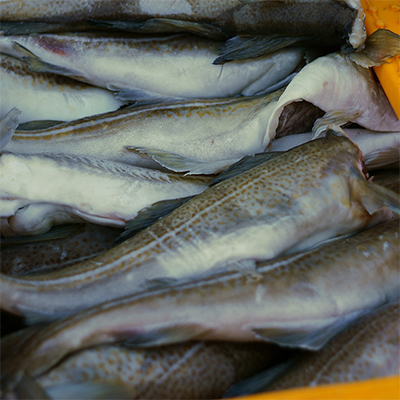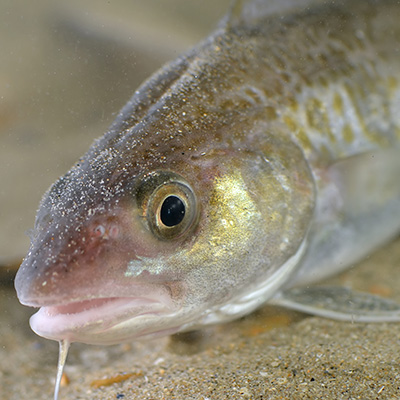AI-powered data-limited stock assessment method more accurate than ‘gold standard’ in predicting sustainable fisheries catches
A recent update introduced to the CMSY methodology used to assess the status of fish stocks has proven to more accurately predict the catch that a population can support than highly-valued data-intensive models.
Overfishing and climate change impacts on New Zealand’s fish populations were hidden – until now
An international team of researchers shows that, despite ocean water temperature around the island country modestly increasing by 0.04°C per decade from 1950–2019, the presence of warmer-climate species is a clear indicator of the impacts of climate change on marine life.
Specific combinations of ocean protection, beneficial for ecology and socio-economic futures
MPAs must be carefully designed using ecosystem approaches that incorporate fully and partially protected areas without interfering with the right to fish for those whose livelihoods are dependent on access to marine areas and fish stock.
New FCRR: Global Fisheries: Livelihood Impacts of Overfishing. Technical Report: November 30, 2022
This technical report supports what researchers have been saying for many years – we urgently need to rebuild overfished fish stocks in order to recoup the current economic and social benefits that are inescapable with current catch loss.
2023 Tyler Prize for Environmental Achievement: Daniel Pauly and Rashid Sumaila are winners
The UBC Institute for the Oceans and Fisheries professors say winning this prize gives them an opportunity to spread an urgent and evidence-based message: all fishing on the high seas should be banned.
Researchers call for action to stop exploitation of Antarctic waters
The critically important Southern Ocean is not being properly protected by its stewards, a distinguished group of scientists from around the globe have noted.
IOF professors head to United Nations Ocean Conference
Dr. William Cheung & Dr. Rashid Sumaila are off to Portugal for the United Nations Ocean Conference (UNOC), being held June 27 to July 1. Will participate in special side event: Fisheries Management as Climate Action, on June 26.
Scientists urge WTO to ban subsidies that promote overfishing
Scientists are calling on the World Trade Organization (WTO) to ban subsidies that can cause overfishing at its meeting next week.
Clues from decades-old studies shed light on Newfoundland and Labrador’s cod crisis
Efforts to rebuild the stock should be focused all along Newfoundland and Labrador’s coast, not just in the south, says Dr. George Rose.
WEBINAR: Subsidizing extinction: Subsidies, Sustainable Development Goals and the World Trade Organization
The video of this webinar is now available. Open this page to view.


